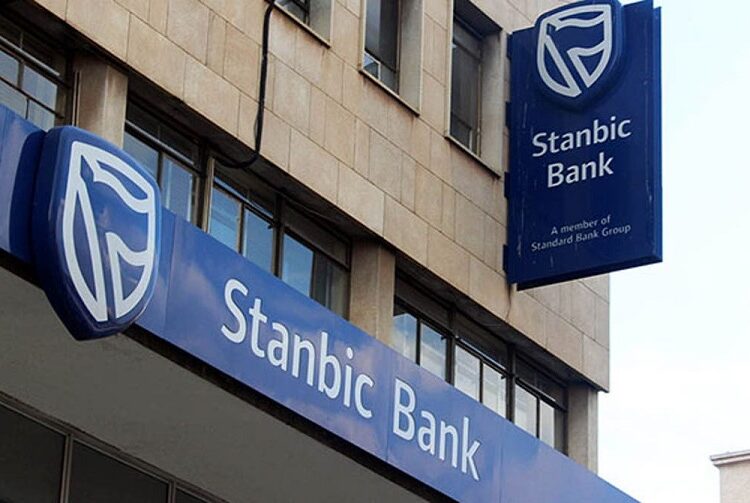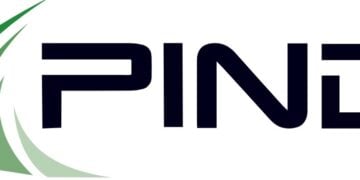Stanbic IBTC Bank Nigeria Purchasing Managers’ Index (PMI) showed that May 2024 data pointed to a pick-up in growth in the Nigerian private sector, with both output and new orders increasing at sharper rates than in April.
The report said “rates of expansion remained slower than the respective series averages, however, as high prices continued to limit demand. There were further signs of inflation levelling off, with both purchase costs and selling prices rising at the slowest rates for a year.”
The headline PMI posted 52.1 in May, up from 51.1 in April and the highest since January. The latest reading signalled a modest improvement in business conditions in the Nigerian private sector, but one that was still less pronounced than the historical trend. Readings above 50.0 signal an improvement in business conditions on the previous month, while readings below 50.0 show a deterioration.
According to the report, new orders increased solidly in May, extending the current sequence of growth to six months. Business activity was also up, and to the largest extent since January. Growth was recorded across all four monitored sectors, with the sharpest rise in manufacturing.
Head of Equity Research West Africa at Stanbic IBTC Bank, Muyiwa Oni said, “the Stanbic IBTC headline PMI increased to 52.1 points in May from 51.1 in April, its highest level since reaching 54.5 points in January.
“This implies that Nigeria’s private sector activity maintained a better footing in May even as the rate of expansion remained slower than the series average as high prices continued to limit demand.
“Nonetheless, the purchase costs and selling prices increased at their slowest rates in a year, thereby supporting a sharper increase in both output and new orders relative to April.”
He noted that “the Nigerian economy grew moderately by 2.98 per cent year-on-year in Q1, 2024 from 3.46 per cent Y-o-Y in Q4, 2023. From a structural perspective, the services sector remains the growth engine of this economy, contributing 83.2 per cent to the real GDP growth rate, with industries and agriculture contributing 15.5 per cent and 1.3 per cent respectively to the real GDP growth.
“As expected, the interest rate sensitive sectors experienced a slowdown in growth safe for the Manufacturing sector whose growth improved modestly, to 1.49 per cent Y-o-Y, from 1.38 per cent Y-o-Y in Q4, 2023, albeit still lagging the three-year average growth (2.40 per cent Y-o-Y).
“The April and May headline PMIs point to a slight improvement in private sector activity in Q2:24, although still underwhelming compared to Q2, 2023.
We expect domestic demand to remain weak relative to historical average, exacerbated by inflationary pressures which may likely peak in May. Besides, interest rates at unprecedented highs will continue to have a negative passthrough impact on the non-oil sector. However, because of an expected favourable base-effect induced oil sector’s growth, the overall economy is on course to grow by 3.51 per cent Y-o-Y in real terms in Q2:24.”





